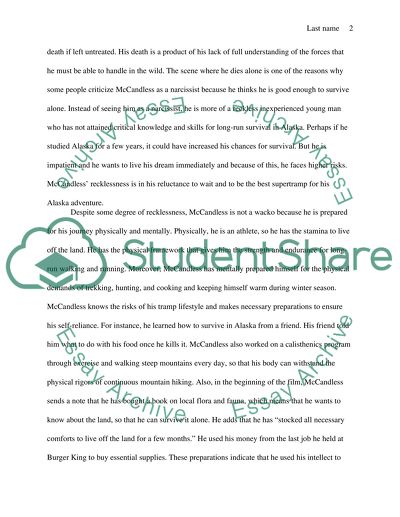Cite this document
(“The Truth outside Society in Penns Into the Wild Essay”, n.d.)
Retrieved de https://studentshare.org/english/1478303-the-truth-outside-society-in-penns-into-the-wild
Retrieved de https://studentshare.org/english/1478303-the-truth-outside-society-in-penns-into-the-wild
(The Truth Outside Society in Penns Into the Wild Essay)
https://studentshare.org/english/1478303-the-truth-outside-society-in-penns-into-the-wild.
https://studentshare.org/english/1478303-the-truth-outside-society-in-penns-into-the-wild.
“The Truth Outside Society in Penns Into the Wild Essay”, n.d. https://studentshare.org/english/1478303-the-truth-outside-society-in-penns-into-the-wild.


